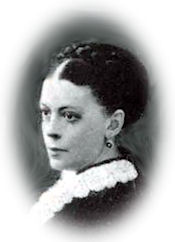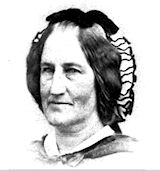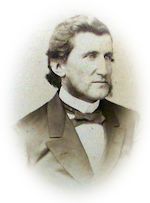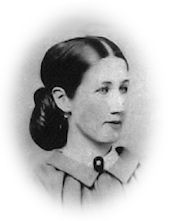Eliza Woolsey Howland’s Journal.
Wilson Small, June 23.
A very anxious day. An orderly from Brigade Headquarters brought word from Captain Hopkins that Joe was ill and unable to write. I at once put up a basket of stores for him—bedsack, pillows, sheets, arrowroot, etc., etc., to go by the orderly, and Charley telegraphed Generals Slocum and Franklin to know the truth, while Mr. Olmsted arranged with Captain Sawtelle for a pass to take me to the front to-morrow morning. My mind was relieved, however, by the telegraphic answers and better accounts, and I have given up the idea of going out.








